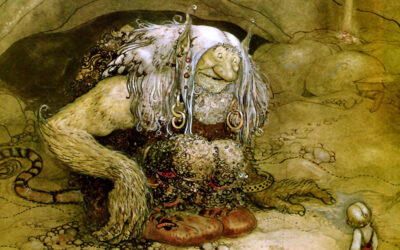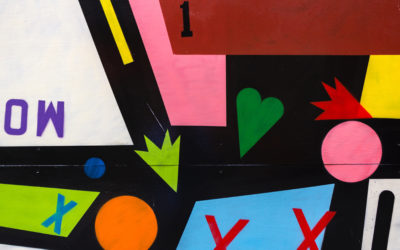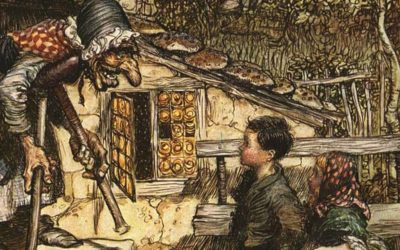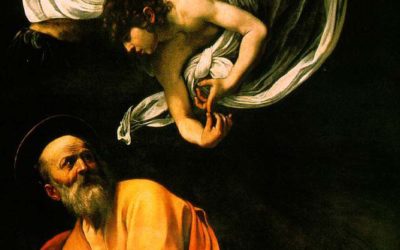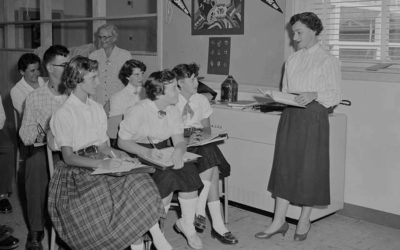Despite volumes written on morality and ethics, how do we determine what’s right? Values distilled over time by family, faith, and nation define and denounce wrong, but the effort to banish shadow only allows it to emerge as projection onto others.
THE INFERIOR FUNCTION: Opening to the Interior
Sep 29, 2022
Our inferior function lies closest to the unconscious. It tends to manifest through tasks, people, and situations that throw us off balance.
COMPARTMENTALIZATION: Coping with Contradiction
Aug 18, 2022
Compartmentalization is like a home electrical panel that separates power into different zones. It allows us to separate the charge carried by ideas, feelings, and actions without risking system overload.
HERMES: Divine Trickster
Aug 11, 2022
Hermes is the symbol of a living reality seeking conscious acknowledgment, the agent of creativity and transformation. How we perceive his message is not his interest. He is already gone.
Archetype of the Wave: image of energy and motion
Aug 4, 2022
Photo Credit: Matthew Paul Catalano via Unsplash...
Imp of the Perverse: struggling with our fiendish shadow
Jul 21, 2022
A fiendish inner spirit can prompt behavior that defies self-interest and even common sense. In Edgar Allan Poe’s story, the protagonist acts on his diabolical urge to commit murder, followed by a self-destructive urge to confess it.
Hansel and Gretel: Overcoming Trauma
Jul 14, 2022
Fairy tales are fierce narratives of human shadow and its transformation. Hansel and Gretel depicts raw childhood trauma: parents abandon their children in the forest in order to feed themselves.
DAIMON: Demon or Destiny?
Jul 7, 2022
The daimon, guiding spirit of individual destiny, was discussed by ancient Greek philosophers. Daimons were particularly linked to creativity and life force and described as lesser deities, divine messengers, and determinative fates. For Jung, “daimon” was a synonym for that part of the unconscious concerned with life purpose, and it spoke through intuition and dreams. Ego’s task is transforming the autonomous power of the daimon into authentic expression in life. Jungian analyst and author James Hillman says, “The soul of each of us is given a unique daimon before we are born, and it has selected an image or pattern that we live on earth. This soul-companion, the daimon, guides us here; in the process of arrival, however, we forget all that took place and believe we come empty into this world. The daimon remembers what is in your image and belongs to your pattern, and therefore your daimon is the carrier of your destiny.”
Archetypal Aspects of School
Jun 23, 2022
Schools have existed across cultures and throughout time; the knowledge they transmit leads us out of childhood, shapes our values and world view, and grooms us for citizenship.
DEATH: A Jungian Perspective
Jun 10, 2022
Awareness of death can help us create an intentional life—one that serves the movement of soul toward wholeness. Jung realized that although we experience death as “a fearful piece of brutality,” the unconscious images death as celebration.
Hans Christian Andersen: Persona & Personhood
Jun 2, 2022
While many of Hans Christian Andersen’s 19th-century stories have moralizing motifs, their universality and depth places them among ageless fairy tales.
VOCATION: Answering the Call
May 12, 2022
Vocation, once associated with serving God through service to others, is now most strongly associated with a career having personal worth. Vocation spans a range of needs and values: commitment to making ends meet, striving for material rewards and social status, or the more internal satisfaction of research, helping others, and artistic expression. Freud considered love and work the cornerstones of our humanness, and Jung said, “In the final analysis, we count for something only because of the essential we embody, and if we do not embody that, life is wasted.” A discernment process is essential to determining the difference between a true calling and ego ambitions, what we want versus what we can have, and distinguishing dream from dedication. Ultimately, however, vocation is a state of being—so perhaps we can invest the work we have with a sense of call.

